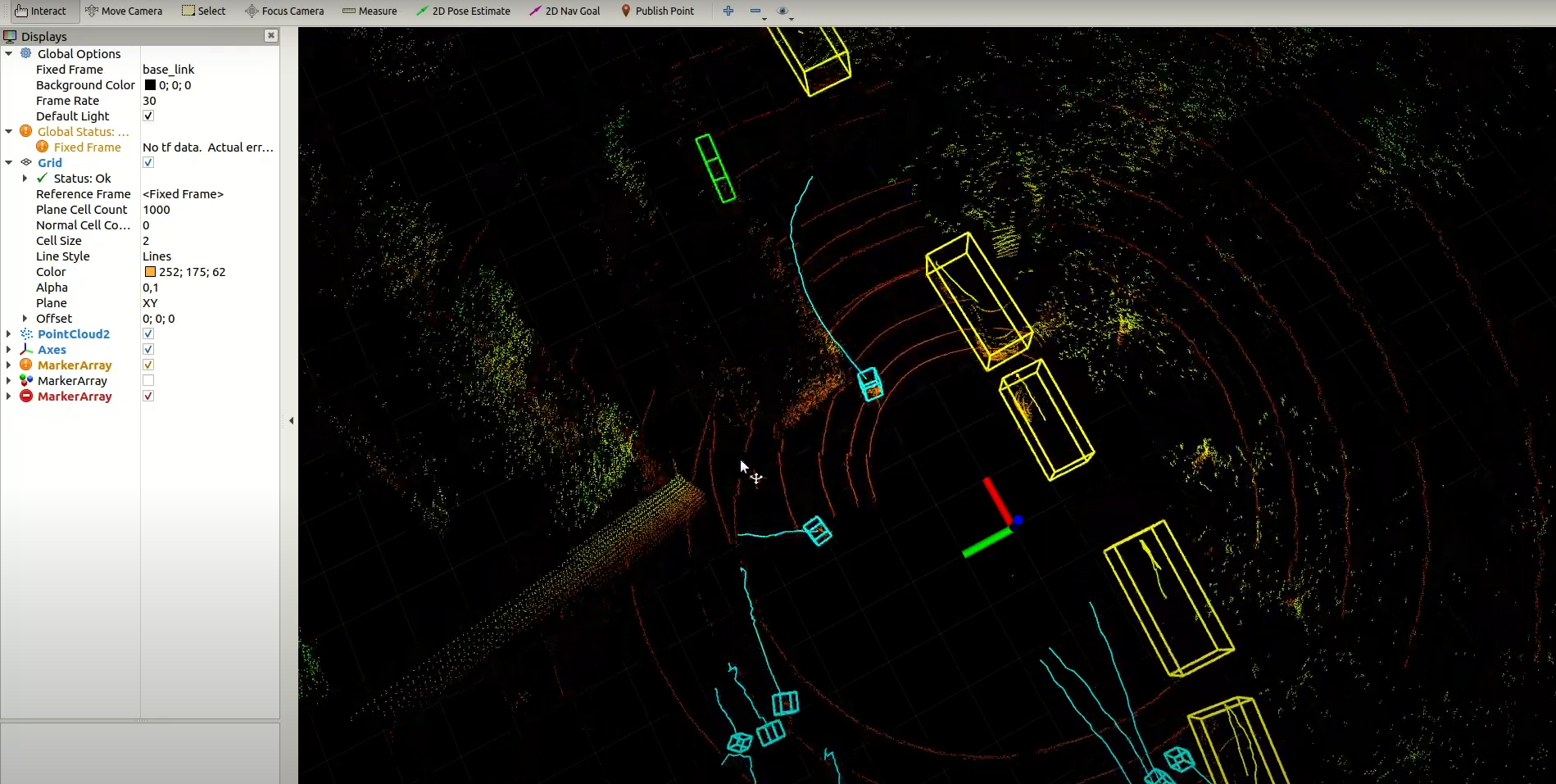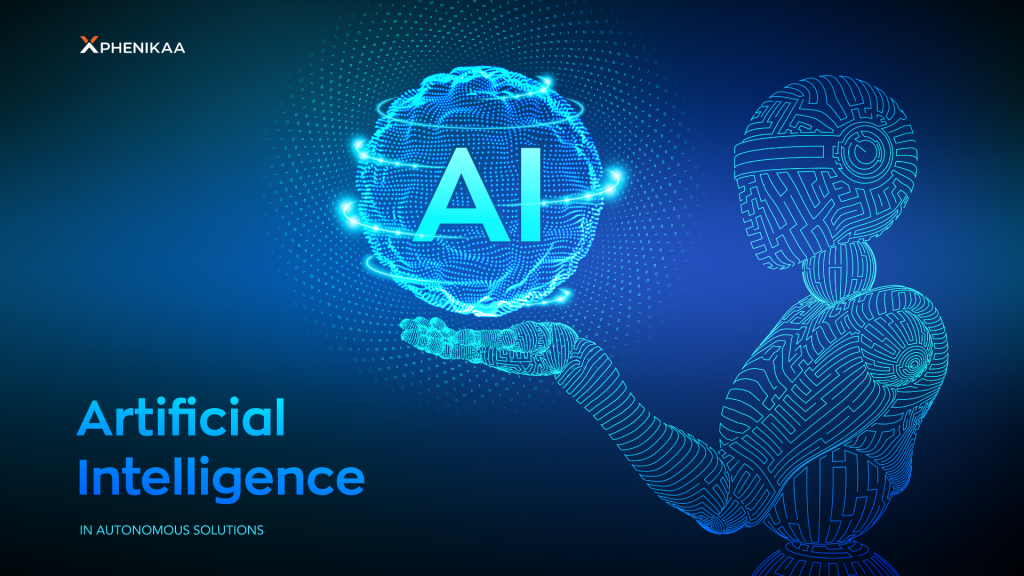In recent years, the rapid advancement of artificial intelligence (AI) has paved the way for groundbreaking innovations in various industries. One area that has seen significant progress is the development of autonomous solutions. From self-driving cars to automated manufacturing processes, AI has revolutionized the way we approach automation. In this blog post, we will explore the pivotal role of artificial intelligence in enabling autonomous solutions and how it is reshaping industries across the globe.
Enhancing Efficiency and Accuracy
Artificial intelligence plays a crucial role in improving the efficiency and accuracy of autonomous solutions. By leveraging machine learning algorithms, AI-powered systems can analyze vast amounts of data and make informed decisions in real-time. For instance, self-driving cars rely on AI to process sensor data, interpret road conditions, and make split-second decisions to ensure safe and efficient navigation. Similarly, in industries like logistics and warehousing, AI-driven robots optimize routes, minimize errors, and increase productivity by streamlining operations.

Enabling Real-time Decision-making
Autonomous solutions heavily rely on AI to enable real-time decision-making. With the ability to process and analyze data at an unprecedented speed, AI algorithms empower autonomous systems to respond quickly to dynamic environments. This is particularly evident in applications such as smart grids, where AI algorithms monitor energy consumption patterns, optimize power distribution, and anticipate potential failures, leading to a more reliable and efficient energy infrastructure.
Improving Safety and Risk Mitigation
Safety is a paramount concern when it comes to autonomous solutions, and AI plays a vital role in ensuring the well-being of both humans and machines. AI-powered systems can detect and respond to potential risks and hazards by analyzing sensor data and identifying anomalies. For instance, in the healthcare industry, AI-enabled robotic surgical systems assist surgeons in performing precise procedures, minimizing the risk of errors and improving patient outcomes. In autonomous drones, AI algorithms navigate through obstacles, enabling safe delivery of goods and services.
Optimizing Resource Utilization
AI in autonomous solutions are adept at optimizing resource utilization, leading to significant cost savings and increased sustainability. In smart cities, for example, AI-powered traffic management systems optimize traffic flow, reduce congestion, and minimize fuel consumption. Autonomous agricultural systems leverage AI algorithms to monitor crop health, optimize water usage, and precisely apply fertilizers, resulting in higher yields and reduced environmental impact. By intelligently managing resources, autonomous solutions contribute to sustainable development and resource conservation.
Artificial intelligence has become an indispensable component in the realm of autonomous solutions, enabling unprecedented advancements across industries. By enhancing efficiency, enabling real-time decision-making, improving safety, and optimizing resource utilization, AI in autonomous solutions are reshaping the way we live and work. As technology continues to evolve, the role of AI in autonomous solutions will undoubtedly expand, promising a future where automation and intelligence go hand in hand for a more prosperous and sustainable world.

